Listen to my assessment of where we are as a society and nation on the eve of the midterm elections 2018. (Note: the first 21:45 minutes review economic events of the past week. Topics of America today at midterms and Liberal Art in the Age of Trump begin at 21:50)
GO TO:
http://prn.fm/alternative-visions-liberal-art-age-trump-reflections-america-eve-election-11-02-18/
Or go to:
http://alternativevisions.podbean.com
SHOW ANNOUNCEMENT:
Following a brief overview of economic events of the past week, as the midterms approach Dr. Rasmus reflects on indicators of social decline in America that the media (Trump’s & mainstream) ignore: 60,000 opioid deaths, 45,000 suicides, and 33,000 gun killings now occurring every year; daily school shootings; how lies and fear increasingly permeate US life; decline in democracy indicators; escalating violence and inequality; constant wars abroad that never end; technology that is driving ‘mesmerizing individualism’, effects of social media and ‘screen time’ on kids, and the coming impact of AI, Amazon, and Uberization business models that will destroy 30% of jobs within the next decade. The US’s growing cultural fascination with zombies and dystopia in film and TV, misogyny in pop music, and decadence in dance; transformation of the two political parties into ‘Trumpublicans’ and ‘Lobbycrats’ and collapse of participation by those under 30. Rasmus then discusses how liberal art (and politicians and the media) are failing even to address these trends of social decay in the current election cycle. Rasmus reviews Michael Moore’s documentary, ‘Fahrenheit 9-11’, the recent stage play, ‘Sweat’, and Robert Reich’s public lectures on the decline of civility in America—concluding how all three share a common characteristic of Liberal Art in the age of Trump. (Next week: The Meaning of the Midterm Elections).
 Dr. Jack Rasmus @drjackrasmus
Dr. Jack Rasmus @drjackrasmus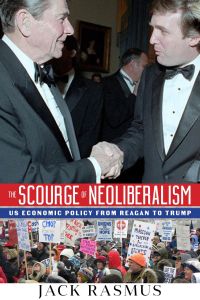
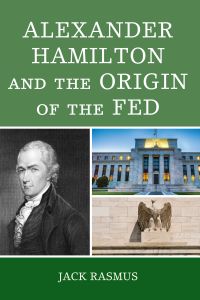
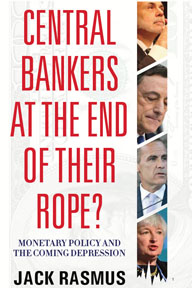
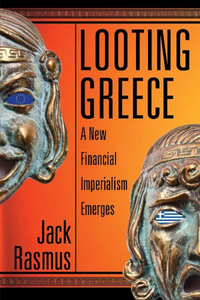
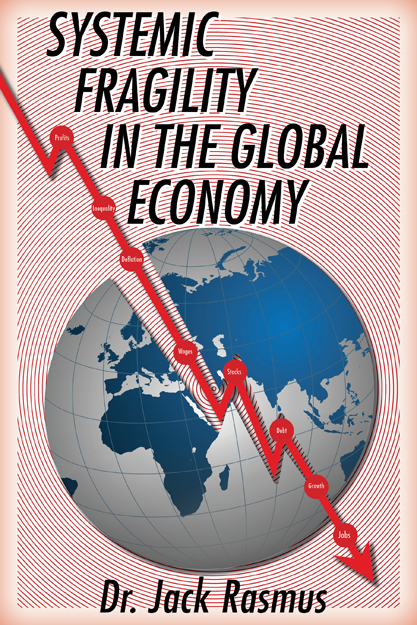
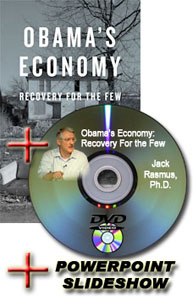




Great post. The comments concerning the liberal arts are spot on but consider this: until the 20th century, art tended to entertain but not challenge the existing order. Think about Shakespeare or Melville or F. Scott Fitzgerald. It is only in the 20th century, that art attempted to have some kind of political take away. Think about George Bernard Shaw or Bertolt Brecht. They did more than entertain they also tried to teach. Likewise, as an aside, one of the most beautiful films of our time and my favorite film of all time is an Italian film called The Bicycle Thief by De Sica. Now there is an amazing film which also has both a simple and deep political take away: organize. Utterly unique.
You are right. It is only in the 20th century when technology enables ‘art’ to reach a wider audience than just the rich who were its patrons. It is only late 19th-early 20th century that art became more political. But there’s also the use of technology to make art ideological, and to continue in the service of the rich and powerful as well into the 20th-especially radio and cinema art. Who then dominates the technology and in the service of whom? Which class or interests? And how do they use technology to dominate art as a political weapon in the 20th? That fight is going on right now over the future of social media. The naive view of a decade or so ago that social media would play a new role of democratization and transparency is being confronted by state takeover of the technology and its increasing use (and use as a platform for art) to control ideas. Clearly the state is attacking Facebook, Zuckerberg, Elon Musk, and considering going after Bezos/Amazon (which it won’t because it’s too close to the Pentagon) to end the independence of social media and bring it under state control. We’ll see over time, as it does so, more application of ‘art’ as an ideological tool. (Actually, it won’t be ‘art’, it will be ‘copy’ and ‘kitsch’, as Walter Benjamin saw clearly nearly years ago. Reread his ‘Art in the Age of Technology’ seminal essay of the late 1940s. And if you really want to get deeper, read Heidegger’s late writings in the 1950s on technology and language–a much tougher slog of a read however). In sort, how the capitalist State uses art and technology to push its ideas and suppress ideas that challenge it is an important area of analysis of Capitalism in the 21st century.